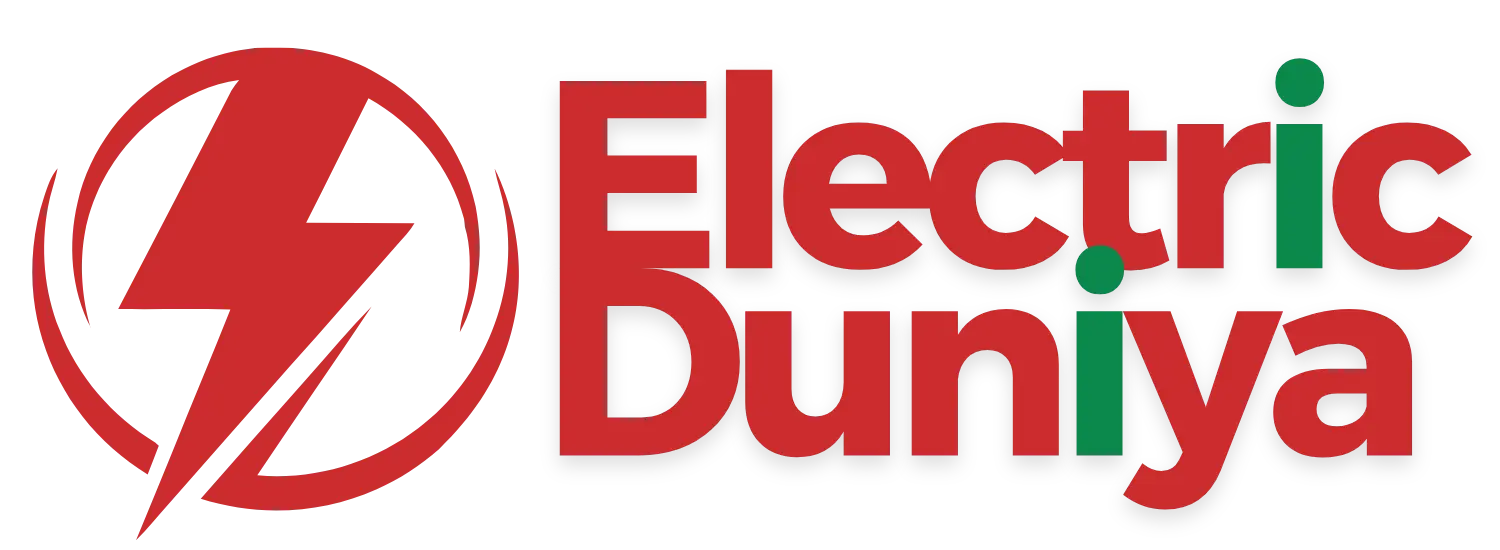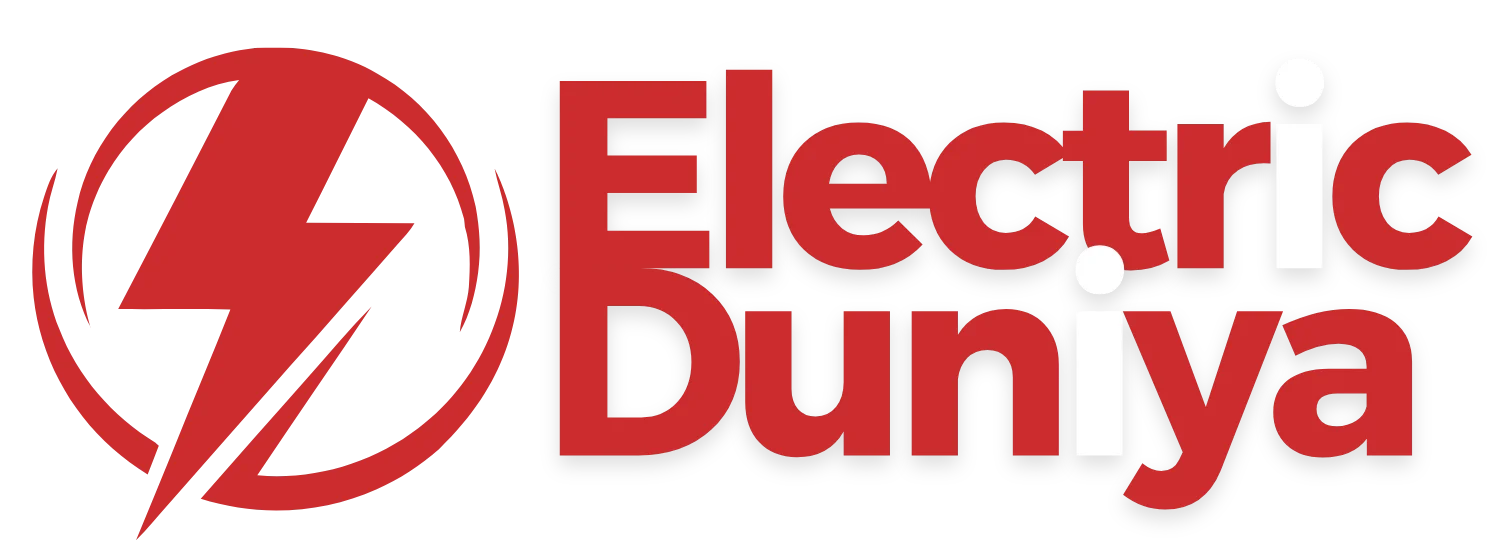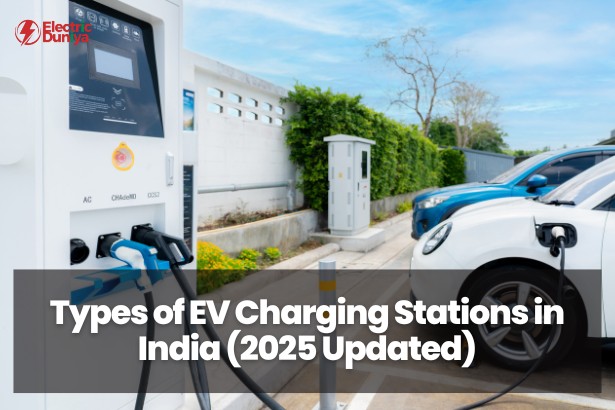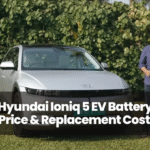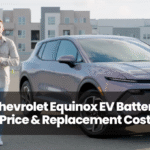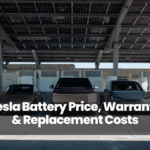The electric vehicle movement is growing quickly in India. More people are seeing the benefits of eco-friendly transport. Because of this, we need a strong and widespread network of electric vehicle chargers and charging stations.
It is important for current and future EV owners to understand the details of EV charging stations. This includes the types, speeds, and compatibility. This guide looks at the different types of charging stations in India today. It offers useful insights for navigating the changing world of EV charging.
Overview of Charging Stations in India
The Indian government knows how important it is to have good charging infrastructure. They are working hard to set up public charging stations through different programs. This helps reduce range anxiety and encourages more people to use EVs across the country. With more companies joining the market, there are more private and public charging options for EV users.
As the EV charging system grows, it is important to learn about new technology, with insights from the National Renewable Energy Laboratory. Options like wireless charging and solar-powered stations can make EV charging easier and more eco-friendly in the future.
The growth of EV charging options has been pushed by new technology. This aims to make charging quicker, more efficient, and more available for EV drivers. Better battery technology has led to bigger battery capacity and faster charging.
The Indian EV charging market is seeing many important players come up, such as Delta Electronics, Tata Power, and ChargePoint. Each one is bringing special features and charging solutions designed for EV owners.
These companies are leading in creating and using better charging systems, helping to grow the EV charging network a lot. As competition grows, EV owners can look forward to better prices, new features, and more choices for charging.
Types of EV Charging Stations
EV charging stations are mainly divided into two types based on the current they use: AC (Alternating Current) and DC (Direct Current).
- AC charging needs a converter inside the vehicle. It changes AC power from the grid into DC power so the battery can store it. This means charging takes longer.
- DC fast charging gives a much quicker charge. It sends DC power straight to the battery without using the vehicle’s converter. This method cuts down charging times, which is great for long trips.
Level 1: Basic Home Charging Solutions
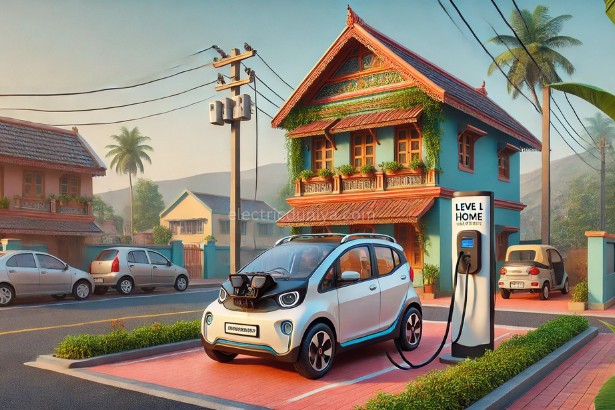
Level 1 slow charging is the simplest way to charge an EV. It’s great for charging overnight at home. It uses a typical 120V AC plug, like the kind used for home appliances.
Level 1 chargers charge slowly, giving about 5-10 miles of range for every hour of charging. This method uses the car’s onboard charger to change AC power into DC power for the battery.
While this charging method is easy for home use, it is not good if you need to quickly increase your EV’s battery because it charges slowly.
Level 2: Advanced Home and Public Charging
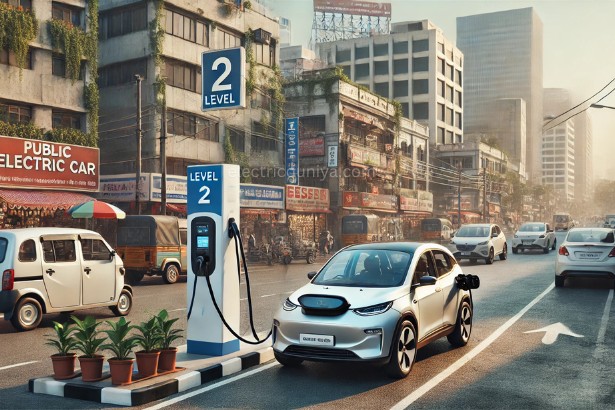
Level 2 charging uses a 240V AC plug and needs professional installation by a licensed electrician. These chargers provide a higher charging rate, offering much more power (from 7 kW to 22 kW) than Level 1 chargers.
This means they charge any electric bikes or cars much faster. You can find Level 2 chargers in homes, workplaces, and public charging stations. They strike a good balance between cost and speed.
- Versatile Charging Locations: Level 2 chargers can be used in many places, including homes, offices, shopping centers, and public parking lots.
- Faster Charging: Level 2 charging greatly lowers charging time compared to Level 1 charging, making it a good choice for daily trips and chores.
- Cost-Effective Solution: Level 2 chargers offer quicker charging speeds without the high installation costs of DC fast chargers, making it a budget-friendly choice for most EV owners.
Level 3: DC Fast Charging
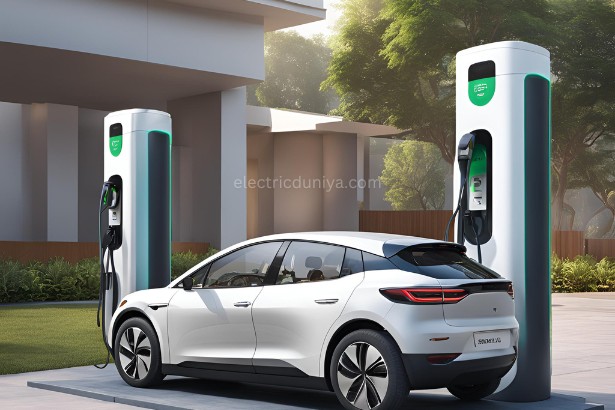
DC fast charging, also known as Level 3 DC charger charging, gives the fastest speeds for charging electric vehicles. These chargers send high-voltage DC power straight to the battery. This skips the vehicle’s onboard charger and leads to shorter charging times.
- Ultra-Fast Charging: DC fast chargers can charge 60-80% in just 20-40 minutes, depending on the vehicle and charger strength.
- Ideal for Long Journeys: Because of their quick charging, DC fast chargers are great for long trips and driving on highways.
- Strategic Placement: You can often spot DC fast chargers on highways, in crowded urban areas, and close to places like restaurants and shopping centers.
AC Chargers for EVs in India
AC chargers are commonly found in India. They are great for home charging and in places where you can charge slowly overnight. These chargers connect to regular AC outlets. They use the vehicle’s onboard charger to change AC power into DC power for storing energy in the battery.
Level 1 Slow AC Charger
Level 1 AC chargers are the simplest type. They are usually used in homes. You can plug them into regular household outlets. They charge slowly, which makes them great for overnight use, particularly for charging your car’s battery.
Many electric vehicles (EVs) include a Level 1 charger when you buy them. However, if you set up special electric vehicle supply equipment (EVSE) in places like parking lots, it can makes it easier and more convenient for EV owners to find charging options.
Level 2 Fast AC Charger
Level 2 fast AC chargers provide higher power charging and are better than Level 1 chargers because they charge much quicker. You can often find them at public EV charging stations, workplaces, and homes where a special 240V outlet is set up.
These chargers help EV owners who want to charge their cars fast. This way, they spend less time waiting for their vehicle to be ready.
Technological Advancements in EV Charging
The world of EV charging is always changing. New technology is helping to improve and update the charging experience, as defined by SAE International.
These improvements focus on solving current issues, boosting efficiency, and making EV charging easier and more available for everyone.
Wireless Charging Technology
Wireless charging is common in smartphones and other devices. Now, this technology is moving into electric vehicles (EVs). It works by using inductive charging.
An electromagnetic field sends energy from a charging pad on the ground to a receiver coil under the vehicle. As this technology develops and charging speeds get better, more EV owners will use it, making their lives easier.
Solar-Powered Charging Stations
Solar-powered charging stations provide a green and eco-friendly option to charge EVs. They use sunlight to create electricity, which lessens the need for the power grid and reduces the carbon footprint of EVs.
Also, these solar-powered charging spots are great for electric buses and large fleet vehicles. They help make public transportation cleaner and better for the environment.
Final Thoughts
In conclusion, it is important to understand the different types of charging stations, including DC charging stations, for the growing EV market in India. There are simple home options and quick DC fast charging choices. The development of EV infrastructure looks bright.
New technology, such as wireless and solar-powered stations, makes electric vehicles more sustainable. By accepting these new ideas, we can create a greener future.
Stay updated and look into the charging options that fit your needs as we move towards a cleaner way of transportation. If you want to switch to electric vehicles, think about the convenience and benefits that these charging stations offer.
